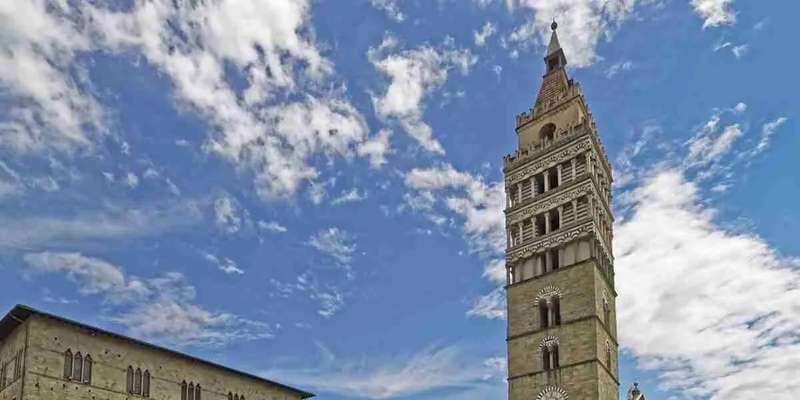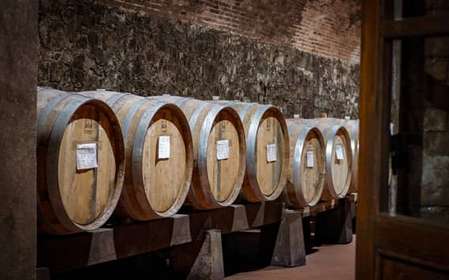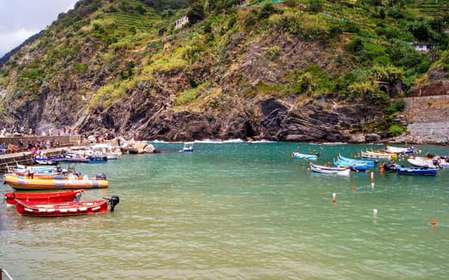- Home
- Useful Tips
- Where to find traditional...
Finding authentic traditional crafts in Pistoia can be a challenge for travelers who want to take home something truly special. Many visitors end up settling for mass-produced souvenirs, unaware of the rich artisan heritage hidden in the city’s workshops. According to a recent survey, 68% of travelers regret not buying locally made items while abroad, often because they simply didn’t know where to look. Pistoia’s craft traditions—from intricate ironwork to delicate ceramics—are kept alive by skilled artisans, but their workshops are often tucked away in quiet alleys or unmarked storefronts. Without local knowledge, you might miss these cultural gems entirely. The frustration of returning home with generic trinkets instead of meaningful, handcrafted pieces is a common pain point for discerning travelers who value authenticity.


Why Pistoia’s artisan workshops are worth seeking out
Pistoia’s craft traditions date back centuries, with techniques passed down through generations of local families. Unlike commercial souvenir shops, these workshops produce items with historical significance and unparalleled craftsmanship. The city is particularly renowned for its ironwork, a legacy of its medieval blacksmiths, as well as its ceramics and textile arts. Visiting these artisans offers more than just shopping—it’s a chance to witness creation processes unchanged by time and connect with Pistoia’s cultural heart. Many workshops still operate in the same locations their predecessors used hundreds of years ago, hidden in plain sight near major tourist areas. The challenge lies in distinguishing these authentic experiences from tourist traps selling imported goods at premium prices.
The best neighborhoods to discover genuine Pistoian crafts
The historic center around Piazza del Duomo and Via degli Orafi remains the epicenter of Pistoia’s artisan culture. Start your search near the Cathedral of San Zeno, where several family-run workshops maintain storefronts amidst the medieval architecture. Via della Madonna is another hotspot, particularly for ceramicists who source local clay for their creations. For textile arts, venture slightly northeast to the San Bartolomeo district, where a cluster of weavers and embroiderers keep Renaissance-era techniques alive. Less frequented by tourists, this area offers more opportunities to watch artisans at work without crowds. Remember that many authentic workshops don’t have flashy signage—look for small storefronts with workbenches visible inside or ask friendly shop owners for personal recommendations.
How to identify authentic Pistoian craft workshops
Recognizing genuine artisan workshops requires attention to subtle details. Authentic locations typically have the artisan working on-site—you’ll often see them crafting pieces as you enter. Look for certificates from the “Artigianato Artistico Pistoiese” association or labels indicating “fatto a mano” (handmade). Prices reflect true craftsmanship; if something seems unusually cheap for its quality, it’s likely imported. Don’t hesitate to ask about materials and processes—local artisans proudly share their knowledge. Many speak enough English for basic conversations, and even a few Italian phrases like “È fatto qui?” (Is this made here?) can open doors. Workshops producing traditional Pistoian crafts often have limited, unique inventory rather than rows of identical items. If you spot dozens of the same supposedly handmade piece, you’ve probably found a reseller rather than a creator.
Planning your visit to maximize artisan encounters
Timing your exploration significantly impacts your chances of meaningful artisan interactions. Most workshops open by 10 AM but close for lunch (1-3 PM)—arrive mid-morning for the best access. Thursdays and Fridays see fewer tour groups, allowing for more personal engagement. Consider visiting during Pistoia’s monthly “Mercato delle Tradizioni” (first Sunday of each month), when artisans gather near Piazza della Sala to demonstrate and sell their crafts. For deeper immersion, some workshops offer brief demonstrations or hands-on experiences if arranged in advance. While many artisans accept walk-ins, having a loose itinerary that clusters nearby workshops saves time navigating Pistoia’s charming but winding streets. Remember that purchasing directly from creators not only gets you authentic pieces but supports the preservation of these disappearing arts.

